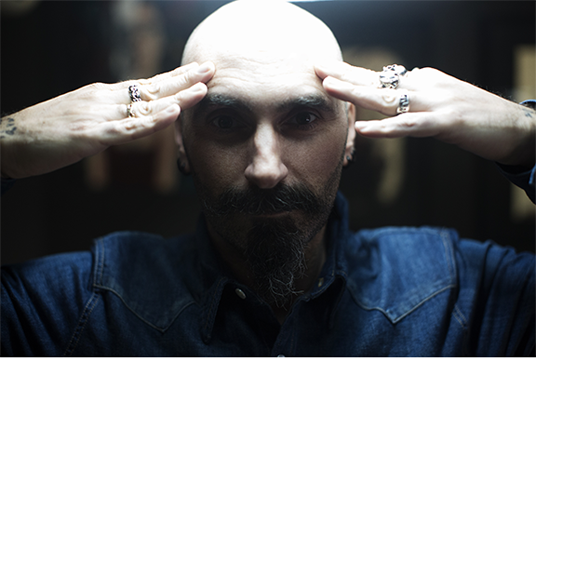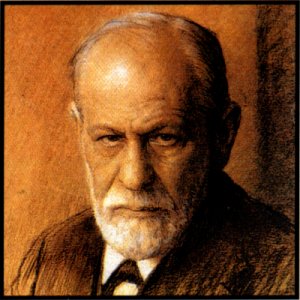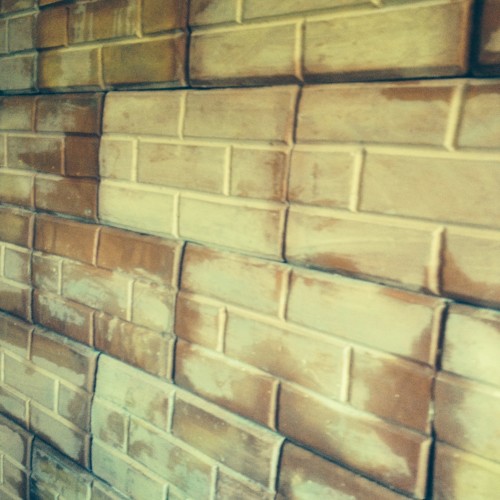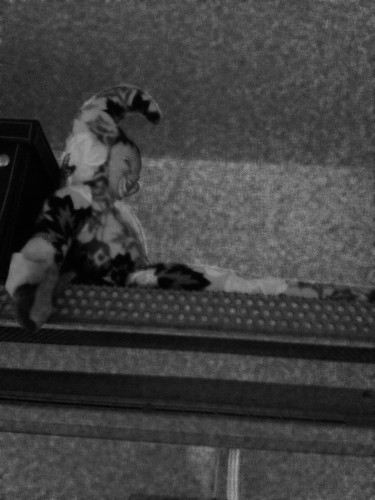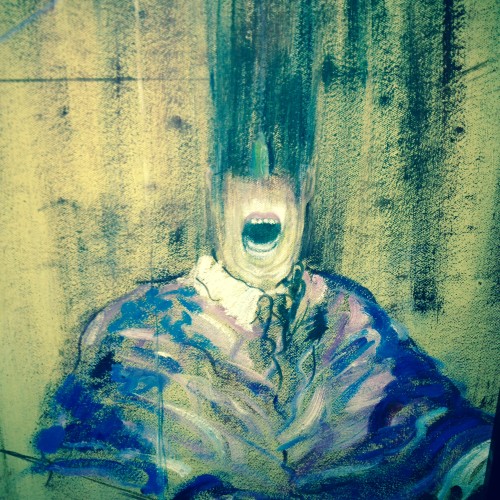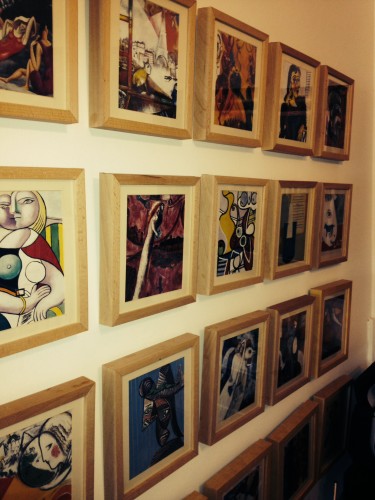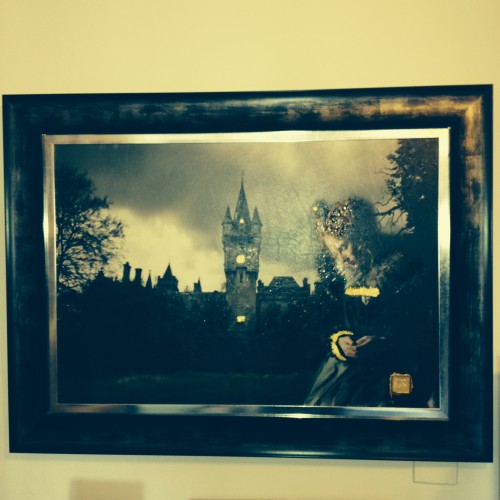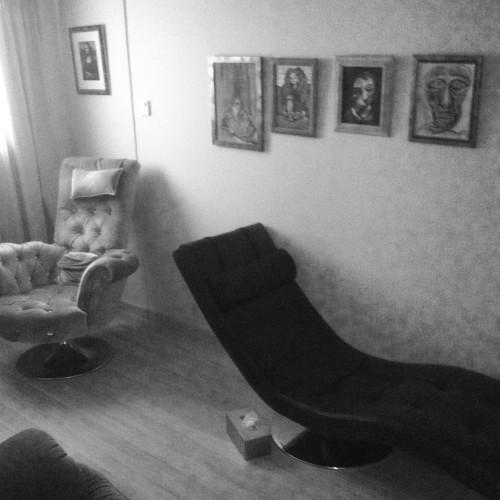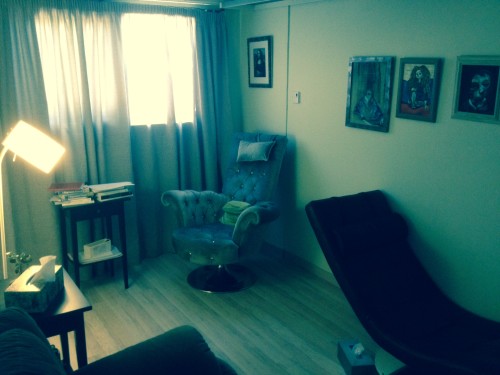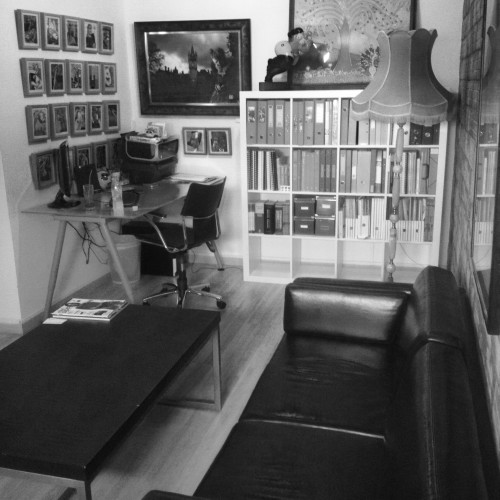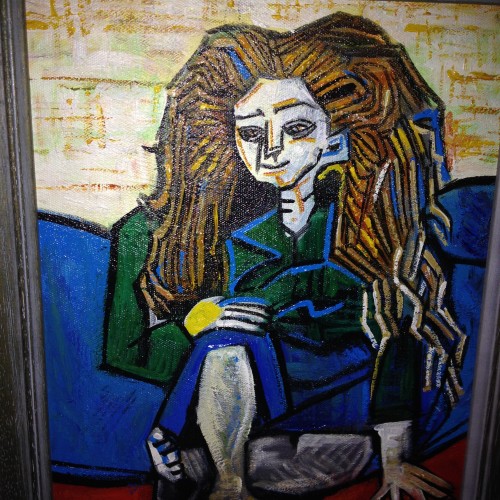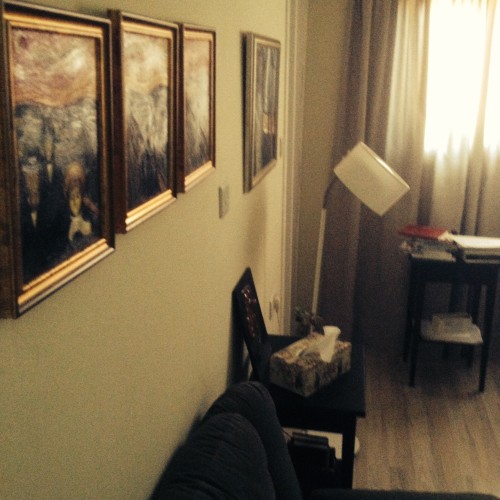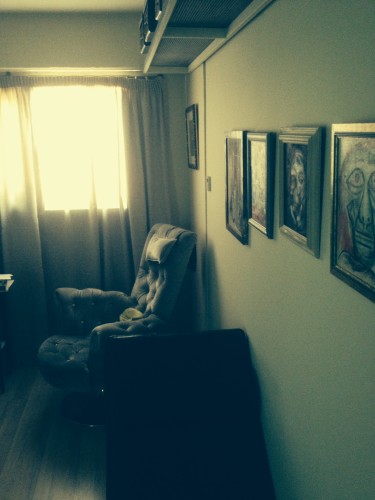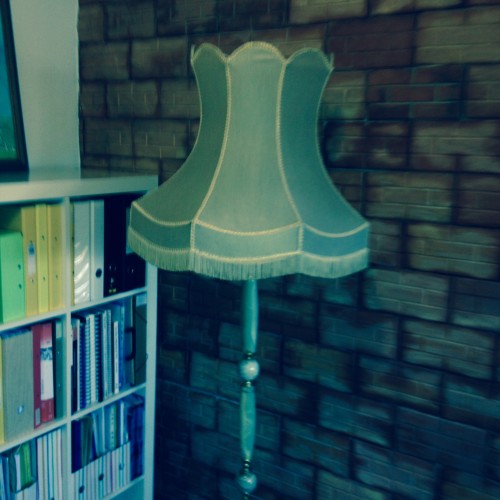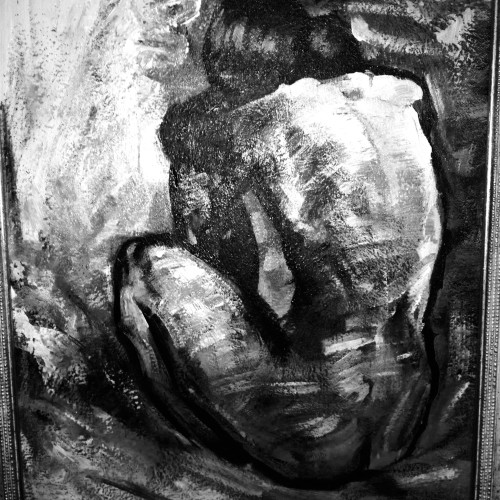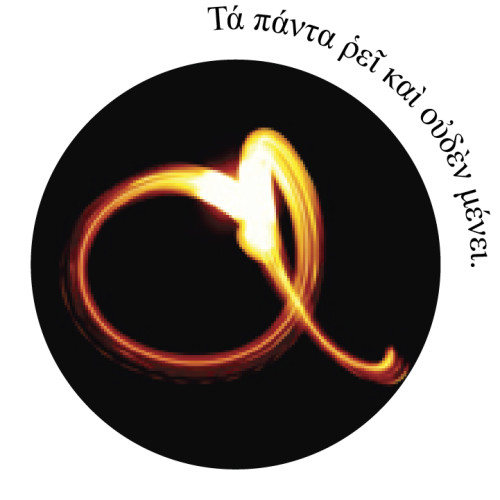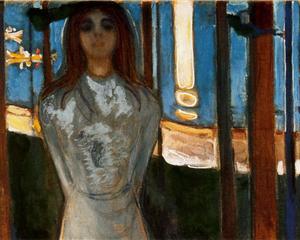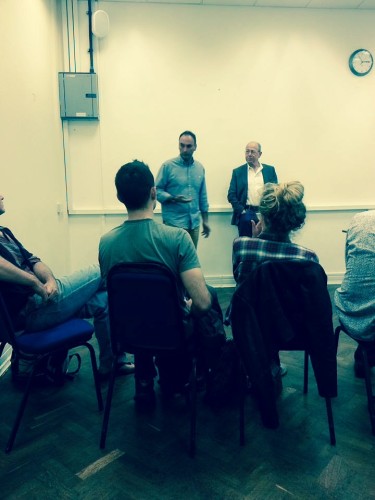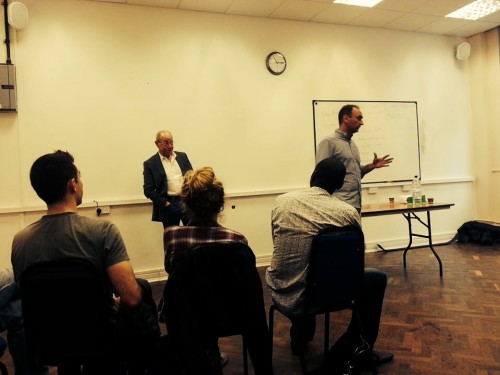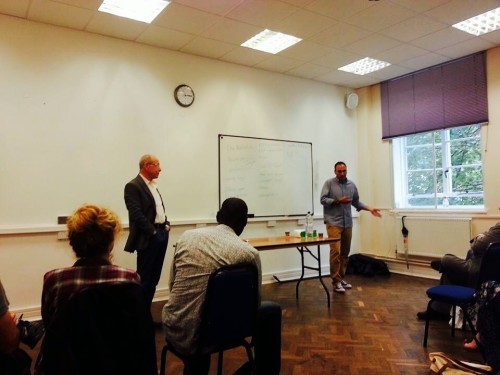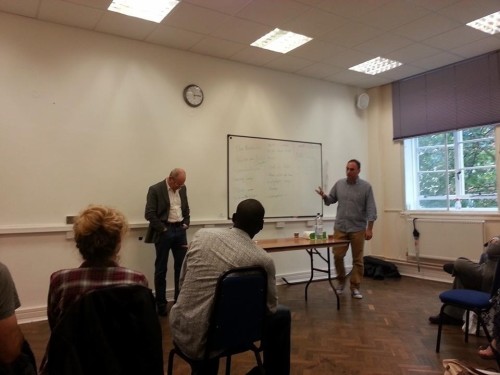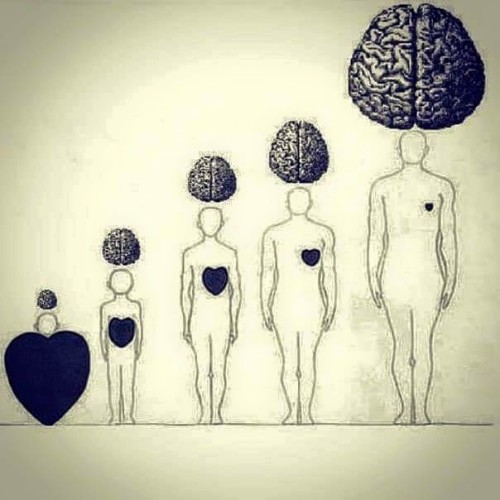The young woman was waiting at the city’s main square, whilst the young man was carrying two bottles of water; it was hot, a blissful hot day among those described as dangerous, a dangerous bliss, felt on the body and sometimes on the soul- when he turn towards her she called him by his name and a glimpse in each other’s eyes has revealed the enigmatic space of the mystery to be unfold with them and for them; I am not sure if I should write also in front of their eyes, for, the actor never sees his own act but through the eyes of the audience. A gypsy woman, in front of the girl who almost whispered about the splendor of the gaze, of a hypostasis that is not violent to the being speaking: She has told me that saint Paraskeui is watching over me… And she said that I was in turmoil and I have found please… At that moment she has not thought of the nature of the question What is to live, if not from the turmoil towards peace: peace will be introduced, one way or another, either through desire or through two kinds of deaths, in plural: the biological one, or the living death.
The young man saw a light in her eyes, and, although the gypsy’s ways were revealed to him through that look who speaks of manipulation without words, he had to make a choice, better to say to designate his act as a man sustaining his woman’s desire: even further than this: to allow space for her faith and for that glister of a feminine illumination that manifested her spirit: he chose to silent his reason- let it be, he mumbled to himself, let us accept as true that this gypsy woman is not a manipulator but has access to a different sort of knowledge. And so the young man joined this dimension, willingly, replying to the gypsy’s prophesies with a Yes, verifying and acknowledging the correctness of her oracles, a different sort of a gaze, an almost perfect example of a Panopticon as described by Foucault. Freely, as one, as a man, ought to choose the price to pay when crossing the Rubicon with that infamous expression Alea Iacta Est: that is how men act- the price comes later but it is always too little compared to the value of the Act. This is not an example of deontology by the way.
And the gypsy woman went on, and on and on as they say, with those sort of tricks, cheap, very cheap tricks although the obols paid might have been great in numbers- those inhuman tricks that only a human being is able to manufacture, which destroy human souls if the gypsies, as prophets, have no faith to their own oracles or when the object of their speech is money: what was the purpose of that woman’s speech?
And the young man knew- and the gypsy knew that he knew by the way they have exchanged some sort of communication with their eyes, and although he knew he said nothing, because on his left and somehow in front of him – indeed these moments are junctures of diverse orientations- the young woman has been taken over by her own magic, a kind of language never spoken of and so it became a belief; he has seen her shining, honored and regaining her own gift: how could he introduce logic to these beautiful happenings of a feminine soul? These are impressive events for one to remain silent- another kind of mysticism and meditative nobleness. And so he went along and admired the gift finding its rest within the existence of the young girl; and the gypsy has taken money, a lot as she has probably thought, but nothing, absolutely nothing to what she has given back, unwillingly because this particular gypsy has never learned anything about values throughout her life: that is why she was trying to trick.
And what is a man, if not he who supports the faith to the feminine? Only a gypsy can answer this question.
